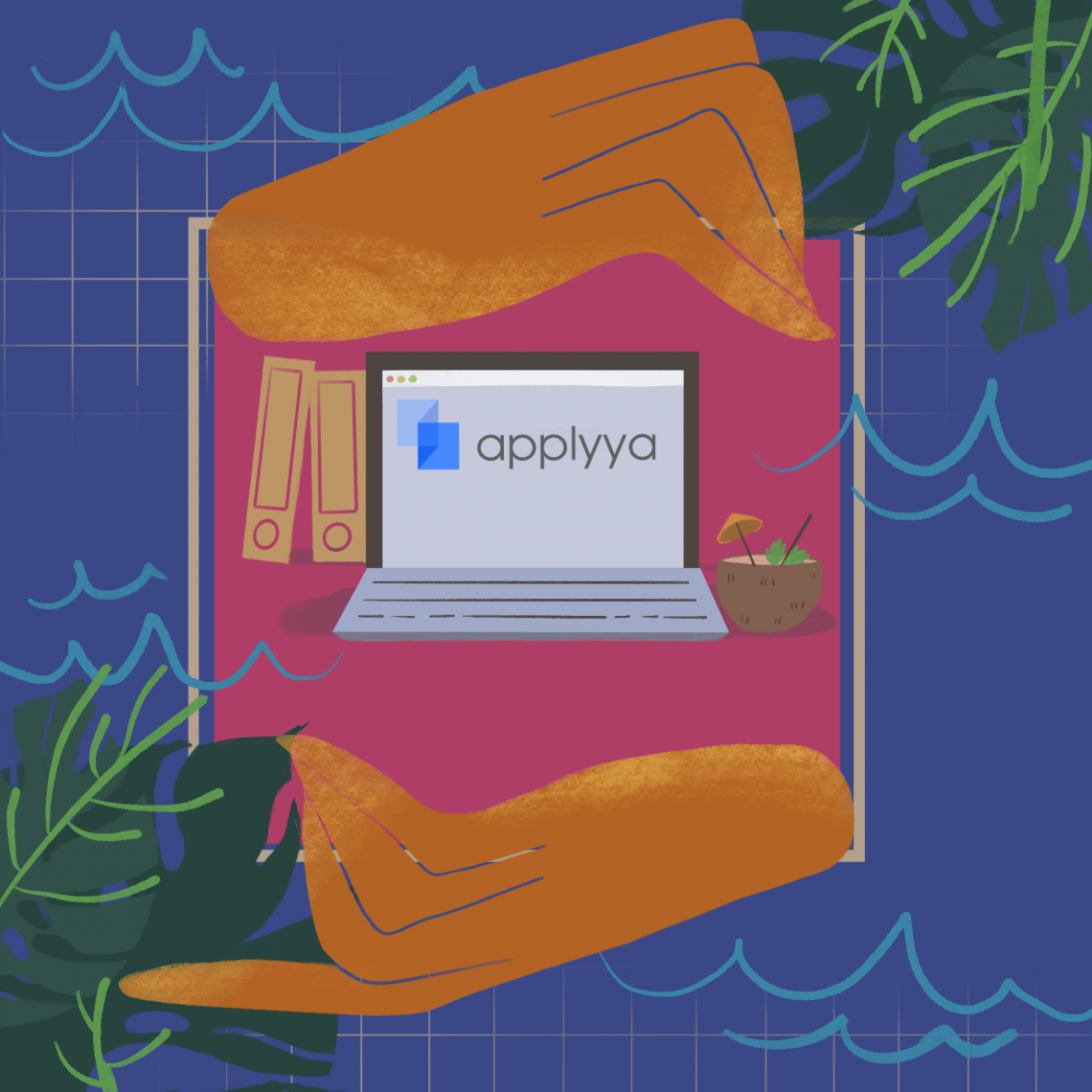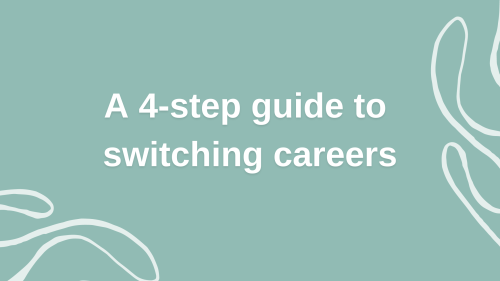
How to Find a Great Summer Job 2020 Edition
One of the greatest Aesop’s fables, the one about the ant and the grasshopper, tells a story about the hardworking ant who prepared his stock of food for the winter while the grasshopper played his fiddle for the whole summer. Once, the winter came, an ant was secured while the grasshopper had to beg for food.
This story can be served as a great example for all of us. It means we should work hard, and leave immediate satisfaction aside for the future long-term benefit.
Here’s why you shouldn’t be a grasshopper.
If you are among the ones who’re pitying themselves because they will have to work during the summer break, while their friends are enjoying the sun by the pool, we have food for thought for you. Think of yourself as an ant who’s thinking ahead of time and investing in the future.
The job market is overcompetitive in this day and age, and employers want to see something more than your diploma. This is how working during summer can become a valuable asset when applying for jobs once you get a degree.
This is how we decided to provide you with some tips and tricks on what those jobs might be, where to find them, and how to craft a CV that will make you stand out and get the job.
When and where to look for a summer job?
Finding a summer job can be a tough experience because many young people want exact things as you do. That’s why starting with preparations ahead of time might be the crucial step that will lead you to it.
Make sure you start with the preparations in the early spring. Even 20 minutes a day devoting to researching what kind of job you would like to pursue, as well as discovering local businesses that might not want to invest in open advertising positions on job boards, might do the trick.
Furthermore, there are plenty of websites where you can look for a summer job or internship, such as:
- Graduateland: With its headquarters in Denmark, Graduateland is an online platform that connects university students and recent graduates with employers who are currently hiring. After visiting their website, you can create a profile, upload your resume, and browse among a wide variety of jobs in different industries such as HR, marketing, or tech all across the globe. It’s completely free, and you can sign up using your LinkedIn or Google account.
- Europe Language Jobs: If you’re studying languages and you’re armoured with an inquisitive mind and need to help people, maybe pursuing a career in customer service would be just right for you. Europe Language Jobs is a platform that connects employers and job seekers across Europe. It’s free of charge, and you can start navigating through their job board even today!
- Jooble: It is a vacancy aggregator where you can find plenty of internship positions among 71 countries.
- We Work Remotely: Remote work has become increasingly popular over the past couple of years, and you shouldn’t shy away from considering those options for yourself. An amazing platform that will enable you to browse through a wide variety of remote jobs ranging from HR roles, Customer support, IT, or management. You just need to register (it’s completely free of charge) and start browsing!
How to create a resume for a summer job?
Now, when you have some clue on when and where you should look for your summer job, you need to craft a CV that will help you get there. Here, we’re going to provide you with some tips on how you can do it.
Carefully choose where you’re going to put your information.
It’s a well-known fact that, on average, recruiters take only seven seconds to skim trough a resume. This is how deciding how you’re going to present yourself becomes essential.
Make sure to create a section (we recommend bigger and bolder font) in the upper part of your CV where you can place your contact information such as name, phone number, email address, and any other relevant info you might want to share. Ensure your email looks professional and avoid putting something you made in high school, such as emmagurl@yahoo.com or similar.
Secondly, make sure you add a school you’re attending, extracurricular activities, and volunteering experience you might have.
Organizing a CV can be a daunting experience, and you can use online CV builders such as Applyya to get started. Applyya, for instance, offers plenty of pre-made templates and it can be a good starting point you can use to further personalize your CV to fit your needs.
Show attention to detail.
Hiring managers don’t like typos. In fact, by research by CareerBuilder, almost 80 percent of HR managers wouldn’t consider a resume containing any kind of typos. Some of the most common mistakes that will put you in a recruiters wastebasket include:
- Resumes with the unprofessional email address
- Resumes with long paragraphs of text
- Generic resumes
To avoid the recruiter’s wastebasket, make sure you ask a friend or family member to proofread your CV before you send it.
Show off your soft skills.
Writing a CV can be a challenging task for experienced workers, let alone students and recent graduates looking for a summer job or internship.
The main goal of the first CV is to showcase your values and motivation for the job. Employers will already know you don’t have much to offer in terms of experience; however, your enthusiasm will be the one that will set you apart from the crowd.
Make sure you read a job post carefully and think through the skills they’re looking for. Then, review and note every specific skill you can fulfil and let them know you have it.
Furthermore, you should be aware of the fact that employers appreciate a proper mix of soft skills and hard skills and list them in your CV. Hard skills are the ones you can learn, while the soft skills are more transferable ones such as team spirit, leadership, excellent communication, etc.
Send a cover letter.
A good way to stand out from the crowd and win a summer job this year is to include a unique cover letter to your future employer.
Unlike the resume, which is a brief overview of your skills and capabilities, a cover letter should offer a greater insight into them, deepening and clarifying them further.
Make sure you know a company you’re applying for, research their website and social media networks so you can tailor your cover letter to better fit their needs.
The bottom line.
Applying for a summer job or internship can be a great way to gain new experiences, earn some money, and prepare yourself for future job searches. Remember that employers value experience over a diploma, and if you start now you’ll have a head start once you graduate. Following these tips will help you in this way. Good luck!
You May Also Like

How to Write a Powerful HR Resume
May 25, 2020
How to handle salary Expectation Questions tactfully in an interview?
March 31, 2021
